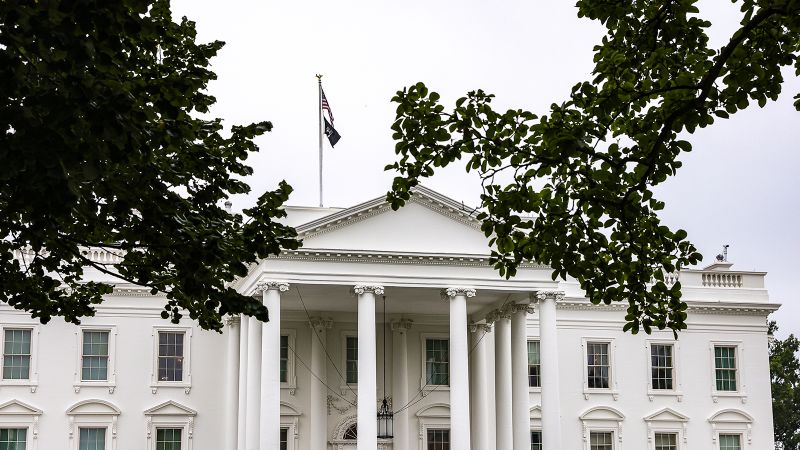President Joe Biden’s pledge to stand with Israel in its darkest days following the Hamas terror attacks in October 2023 has had far-reaching consequences. The subsequent war between Israel, Hamas, Hezbollah, and Iran has shown the critical role the US plays in Israel’s survival while also straining the alliance between the two countries. This conflict has highlighted some of America’s deepest political divisions, setting the stage for a tumultuous election between Vice President Kamala Harris and former President Donald Trump.
The Hamas terror attacks on October 7, 2023, which killed 1,200 people, not only shifted the strategic balance in the Middle East but also catalyzed a series of events with global implications. Like the September 11 attacks in 2001, the Hamas attacks created waves of political disturbances that impacted people far beyond the region. The subsequent response from Israel, the US, and their allies has involved unprecedented military operations to defend Israel from missile and drone attacks from Iran, as well as bombing Iran-backed Houthi rebels in Yemen who targeted international shipping in the Red Sea.
The US military’s involvement in the conflict has raised concerns about the possibility of a full-scale war in the Middle East and highlighted the vulnerability of US troops in the region. This vulnerability was tragically demonstrated in January when three US service personnel were killed in an attack on a base in Jordan. The ongoing tensions and military actions have further strained relations between the US and Iran, as well as other players in the region, leading to an uncertain and volatile geopolitical landscape.
The aftermath of the Hamas attacks has exposed and widened political divisions within the US, with disagreements over the country’s role in the conflict and how best to support Israel. The upcoming election between Vice President Kamala Harris and former President Donald Trump has only deepened these divisions, with each candidate offering differing approaches to foreign policy and national security. The outcome of the election will have significant implications for US-Israel relations and the broader Middle East region.
As the conflict between Israel, Hamas, Hezbollah, and Iran continues, the US faces increasing pressure to navigate a complex and dangerous geopolitical landscape. The country’s involvement in the region, combined with internal political divisions, has created a challenging situation with far-reaching implications. The coming months will be crucial in determining the future direction of US foreign policy in the Middle East and the broader implications for global security and stability.













